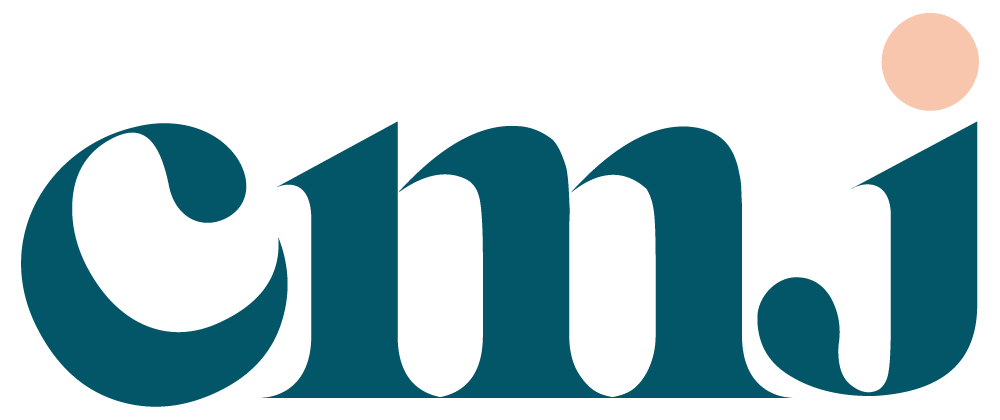The Core Reason for Community Builder Burnout
I've been moving at a cheetah's pace since the second grade, when my teacher first assigned homework with an extra credit question. That's when I realized it was, in fact, possible to get a better-than-perfect score on anything in life.
In high school, I found out it was possible to get above a 4.0 GPA, so I shot for a 4.83. This is no great achievement. In fact, I feel compassion and a little sadness for the younger me (and all those kids just like young me), who thought she could find herself in arbitrary numbers.
In the real world, these tendencies are incredibly destructive. There are no graded exams that mark the end points of hard work in the workplace. There is just a never-ending desire to be perfect, a never-ending list of people to please, a never-ending to-do checklist.
Among community professionals, this perfectionist tendency runs deep. Meghan Murphy's recent post on how she set no goals for 2015 pretty much sums up that "go go go" mindset perfectly.
"At the end of last year, I felt like I couldn’t have one more goal, I couldn’t deal with one more achievement to strive for. I had burned myself out. It felt good to say, 'I have no goals in 2015 other than to just be.' In 2014, I did not have time for friends, family, or myself."
At the end of 2013, I was on medical leave from a job I loved, taking zero care of myself, and I continued to pour all of my energy into others (some of whom were toxic, but I never would have recognized it because I couldn't see outside my overachiever tendencies). I was trying to solve their problems and win at work all at once. And I failed.
This is a common plight among us community folks and, dare I say, among women in tech in general. Faced with Imposter Syndrome, we work endlessly for accolades that never seem to be quite enough. We strive for community growth that goes "viral," without realizing that such a notion is preposterous at best.
In the last twelve months, something has clicked for me. Maybe it's because my brain has finally reached full development. It could be because I've now spent so much time talking to hundreds of other community professionals that the problem - and solution - is finally clear.
The problem is this: we lose all sense of ourselves in our work. The shouts and demands and the subtle persuasion of our community members drown out our voice. The business goals ignore what brought us to our work in the first place. We forget who we are.
There's a way to remember who you are. It requires that you give it a name (yes, you can say "I am burning out." I won't judge you). And then it requires that you step away.
Today, when (not if) I see burnout coming around the corner, I finally do something about it. I tell my business partner, David. I say I'm feeling a little unfocused, and he tells me to get the hell away from my desk. I go to the park or go for a hike. I write something like this that releases my energy into the world, and I meet a friend for coffee with absolutely no agenda. I tell stories. I listen. I pet my dog, and I remember who I really am at my core. I remember my sense of self.
I will keep this short. I simply urge you: do not lose yourself in your work, community builder. If you find that you can't get out of bed to work in the morning, tell someone. Tell me if you don't have anyone else you feel safe telling. Just put it into words and then work out an action plan for coming back to who you are at your core.
I also put together a checklist for how to take care of yourself as a community manager to guide you on your path to work wellness.
You deserve the space to be who you are.
You deserve to take deep breaths and travel and step away for a few hours or a few days to remember the things that make you want to throw your love back into the world.

